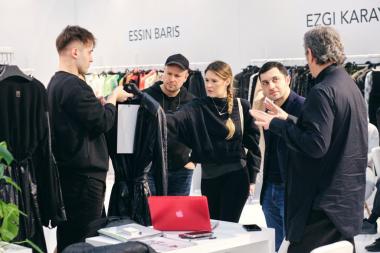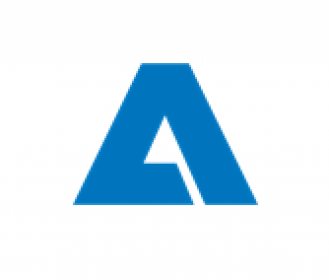ITMF-Webinar series on “Digital Workflow" and the “Circular Textile Economy"
ITMF has invited some of the start-ups that have presented at the ITMF Annual Conference 2023 to share in more depth during a series of interactive webinars their digital platforms/tools and how companies can benefit from digital workflows. The first webinar with the start-up “ColorDigital” took place in the first half of February. The second webinar will take place in March with the start-up “Frontier.Cool”.
In cooperation with the “Institut für Textiltechnik” (Institute for Textile Technology) of RWTH Aachen University, ITMF has developed a series of webinars that will have a closer look at the concept, political and legal environment as well as technology regarding circularity and recycling in the textile industry. In six webinars of 60-75 minutes each, international experts will discuss the backgrounds and potential of circularity in the textile industry. The webinar series start in March and will be completed by the end of May 2023.
The webinars are free of charge for ITMF members and all their affiliated members.
Please check the Textination schedule for all details.
Institut für Textiltechnik (ITA) of RWTH Aachen University






























